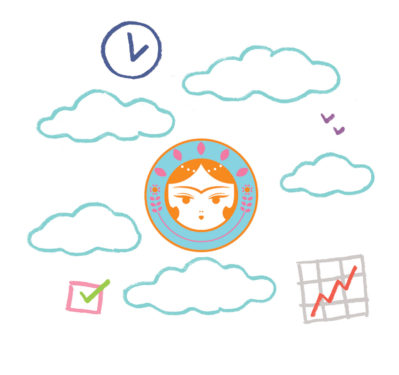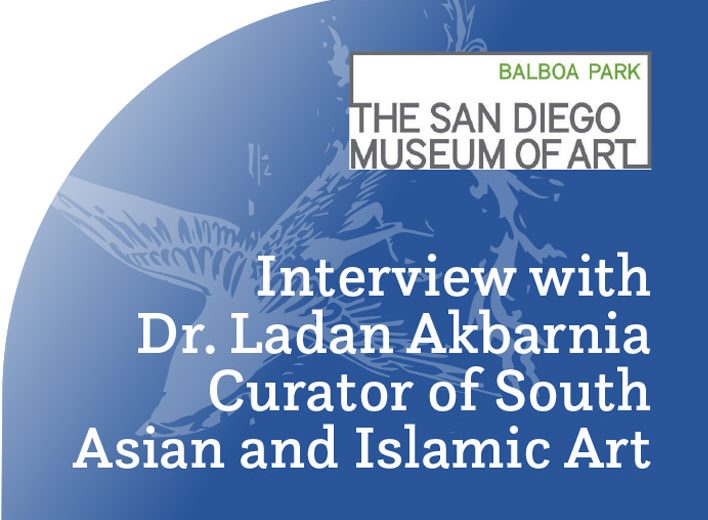By Lily Mojdehi
In my last article, I wrote about the stigmatization of mental health services in the Iranian American community and the challenges that many immigrant communities face in accessing such care (see Peyk #186). It’s clear we need to normalize the conversation of mental health in order to provide care and resources for people in need of support. In this article, we will explore the meaning of the popular phrase “self-care”–the practice of prioritizing and engaging in activities that take care of a person’s mental, emotional, and physical well-being–and how a multitude of Iranian cultural norms and traditions could be considered ways of practicing self-care.

Indigenous communities all over the world naturally engaged in self-care practices, because their lifestyles nurtured a balance between mental, emotional, and physical wellness. Prior to colonization, self-care was practiced by people who honored themselves, their community, and the land with which they lived in synchrony. Over time, self-care transitioned from a practice integrated into everyday life into an act of necessity for self-preservation. For example, in the 1970s, the Black Panther Party in the U.S. popularized self-care as an act of staying resilient amidst the systemic racism and violence of that era–creating free community health care clinics for their members was in and of itself an act of survival and resistance. Since then, self-care has become a popular catch phrase for describing self-nurturing activities or marketing wellness products. However, I have not heard this phrase widely used in the Iranian American community, and I have a few guesses as to why.
The Iranian American community rightfully prides itself on hard work and resiliency. It is thus important to clarify that taking time to rest and slow down does not equate to laziness or lack of ambition. Along with redefining rest as a powerful tool for success and wellness, another probable reason why self-care is an uncommon concept in the Iranian American community is because we are such a collectivist culture, one that prioritizes friendship, connection, and taking care of one another. Our mindset values community over individualism. To me, self-care does not mean that you are ignoring your community, but rather it shows a commitment to take care of yourself so you can show up for your community.
My grandmother is a perfect example of someone who took care of herself as well as her community. She was ahead of her time and it gives me great pride to know that she set intentional time to work on herself in order to become a better wife, mother, friend, and member of her community after immigrating to the U.S. Different people in our community have experienced varying levels of tragedy by living through a revolution, war, migration, and acculturation. My mom recounts a poignant story about my grandmother who, for months after her arrival to the U.S., would pick her daughter up from school every day while wearing a trench coat thrown over her pajamas because she was mourning the loss of her country, friends, family, community, and everything else that felt familiar to her. One of the ways my grandmother eventually navigated this feeling of loss was through her connection with a newfound community of Iranian immigrant women. She met with a group of Iranian mothers who gathered together a few times a week to play cards and “dar dedel,” which translates to “express your heart’s pain.” They would discuss different topics, all relevant to their immigrant status: how much they missed their homeland, how to survive in their newly adopted country, and how to help their children navigate in this new culture while still honoring their Persian traditions and values. The group also shared information and resources, varying from contacts for doctors and immigration lawyers, to accessing English classes, and how to navigate their children’s school system. This group honored each other’s collective experience of loss and supported their unique individual experiences of Iranian identity, immigration, diaspora, etc. In the U.S., some younger generations might call this “group therapy.” Regardless of the name, the intention is powerful in finding support and love with the community.
It is important to remember that we have many ways of taking care of ourselves that might not be defined as the Western notion of “self-care,” but are nevertheless embedded in our culture. Iranian culture is filled with rich cultural and spiritual traditions that nurture our overall health and wellness as holistic human beings. You could say that rituals such as getting together for afternoon tea, telling fortunes from Turkish coffee cups, group readings of the rich poetry of Hafez and Rumi, gathering with family and friends, and burning esfand (Persian incense) are all acts of “self-care.”
Discovering the ancient wellness practices in which my ancestors engaged has been enlightening to me. I have grown up hearing about my family’s traditional “self-care” rituals, going back three generations to my great-grandmother who always shared different proverbs, prayers, and natural healing remedies with her family. She lived and breathed culture and tradition. Learning about my family’s history and culture gives me immense pride and keeps me grounded to who I am and where I come from.
Remembering my past has become a part of my self-care. Taking a moment to pause and drink Persian tea every morning has also become a part of my wellness routine. Other rituals such as saying a short prayer before I start driving is a way I practice self-care. Cooking food for my family is a way I practice self-care. Speaking Farsi and learning Persian poetry is a way I practice self-care. It has been empowering for me to realize that many culturally-specific traditions improve my overall mental health and wellness. I invite those who have taken the time to read this to do the same.
Lily Mojdehi is an Iranian American woman from San Diego who grew up dancing at the Persian Cultural Center of San Diego. Majoring in sociology, she recently graduated from Bard College in New York and now works as a Middle Eastern outreach coordinator for Breaking Down Barriers, a San Diego County-funded program aiming to reduce the stigma of mental health through education and prevention programs. Contact: lilym@jfssd.org


















